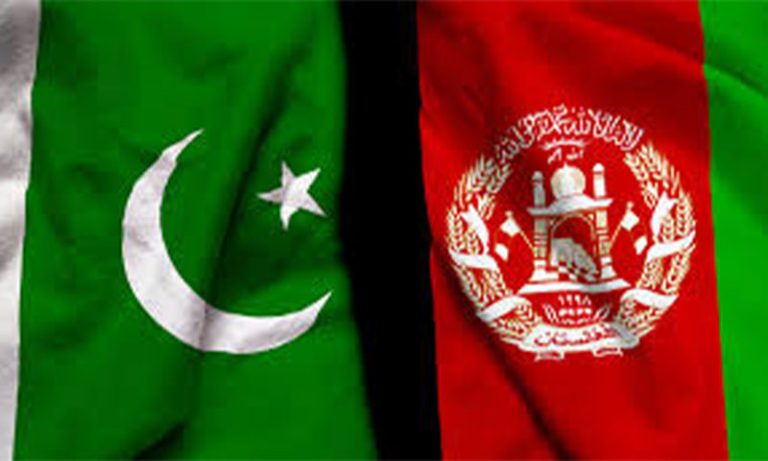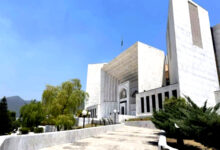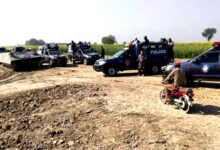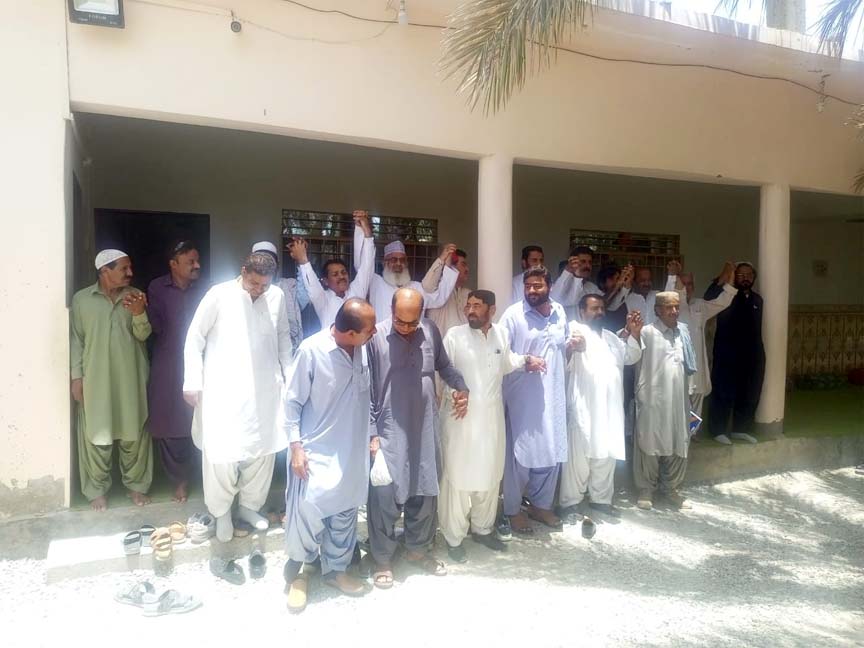Increase in Terrorist Attacks from Afghan Territory to Pakistan Raises Concerns

Islamabad:There has been a worrying increase in terrorist attacks from Afghan territory into Pakistan, particularly notable since the establishment of the Taliban government in 2021. From January to July 7 this year, Pakistan’s armed forces have eliminated 297 terrorists involved in attacks originating from Afghan soil, with 111 soldiers and officers martyred in the line of duty. Despite daily intelligence-based operations by Pakistan’s military, there has been no decrease in the wave of terrorism.
Following recent attacks in Bannu Chowkni on July 15, resulting in the martyrdom of eight soldiers and the killing of 10 terrorists, Pakistan issued a strong protest to the Deputy Head of the Afghan Mission. The question now arises whether formal negotiations between Pakistan and Afghanistan are ongoing to curb terrorism, and if so, why the outcomes are not visible.
On the other hand, there are concerns about the support of nationalist groups from Afghan territory into Pakistan. When external organizations protest against Pakistan, suspicions often arise about Afghan involvement, further complicating bilateral relations.
Regarding terrorism between Pakistan and Afghanistan, responsible government sources, under condition of anonymity, revealed ongoing negotiations on various issues between the two countries. Presently, Pakistan awaits a response from the Afghan interim government following the recent Bannu incident before deciding on its course of action.
Speaking about the protests by the Pashtun Protection Movement in front of the Pakistani High Commission in London yesterday, a former Pakistani diplomat Ambassador Abdul Basit told V News that such issues are part of politics. Whether it’s PTM or TTP, these are internal matters, and Pakistan is dealing with them. He stated that Pakistan can also raise issues of TTP and Taliban in other countries. This kind of policy can be adopted by Pakistan.
Former Pakistani diplomat Ambassador Abdul Basit, speaking to V News, said that the PTM works on a suspicious agenda and appreciates the forces that do not want to see Pakistan politically and economically stable. This has been happening for years. Changing global and regional dynamics, Western powers want to negatively affect Pakistan-China relations and economic corridor projects. Therefore, it is essential for Pakistan to take cautious steps and avoid any action that could have difficult consequences.
The impact of Afghan black economy and India’s role in terrorism in Pakistan; Syed Muhammad Ali
Defense analyst Syed Muhammad Ali, speaking to V News, said that recent reports from the United Nations indicate that ISIS and Al-Qaeda are re-emerging in Afghanistan, while the Taliban movement is the largest terrorist group there with 6,000 terrorists. He said that negotiations between Pakistan and Afghanistan are not formalized, but the way Pakistan’s ambassador is present in Afghanistan, there is daily exchange of views. In addition, both countries also talk to each other on other international forums, as in Doha talks recently, where 16 countries were present, including Pakistan and Afghanistan bilateral talks were held.
Pakistan’s demands are also clear, but the question is why these demands are not being accepted, so the answer is that the Afghan interim government has not yet been recognized by the world and international restrictions are imposed on them. The entire economy of Afghanistan is dependent on the black economy, for which it depends on Pakistan, so when Pakistan talks about documentation, tightening the border system, Afghanistan does not like it. They said that the Afghan interim government makes Pakistan politically unstable in two ways, through the facilitation of terrorists from Afghan territory and through the protection of nationalist groups. Traditional and non-traditional means of communication between Pakistan and Afghanistan continue, but success cannot be expected until Afghanistan is free from global restrictions and its dependence on the black economy instead of documentary economy.





